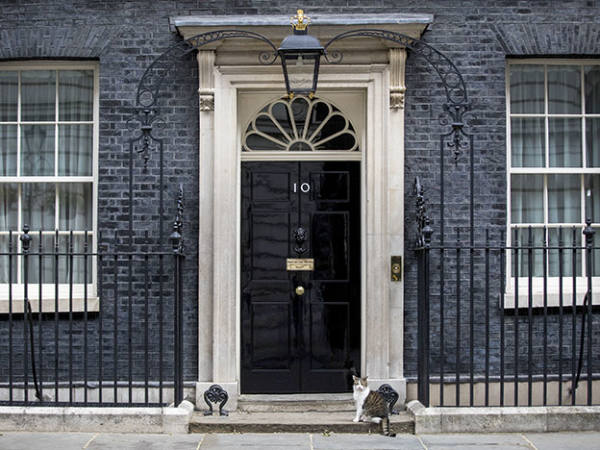It takes a brave politician to mess with property tax as anyone who remembers the poll tax riots of 1990 will attest. Soon after its introduction that infamous tax was replaced by the council tax and tranquility was restored in the kingdom.
Well not quite. There have always been murmurings around 'unfair' aspects of the council tax, for example that there are not enough bands, that it's regressive and that the values used for bands have not been updated (with the exception of Wales), although as the banding system is simply a mechanism for allowing properties to be valued relative to others the underlying values are to a degree irrelevant.
The Institute for Fiscal Studies voiced its view that a complete overhaul is needed in its 2020 report Revaluation and Reform: bringing council tax in England into the 21st century.
One of its chief objections to the current system is that the most valuable properties attract just three times as much tax as the least valuable properties despite being worth at least eight times as much back in 1991 and typically even more now.
Another fault found by the IFS is that values of properties in different locations have changed dramatically in the past three decades: the average London house price is now worth more than six times what it was in 1991 compared with a gain of barely three times in the north east.
So how to fix it? One of the IFS’s proposals is to introduce continuous and proportional revaluation of housing with council tax charged as a percentage of the value of properties, and for central government funding to be adjusted so that far less support goes to richer areas and far more to poorer ones. These two measures combined would mean significant increases for many households, although far greater numbers would suffer decreases points out the IFS. Nevertheless, some of the potential increases are shockingly high (more than quadruple current levels) and would hit many average and low income households. To deal with the problem of people being unable to pay higher bills (for example pensioners in London) it suggests that extra financial support or for the implementation of changes to be deferred for several years so that "households could take action including moving house". Alternatively their bill could be deferred (with interest) until death or a sale.
The IFS also objects to giving single adult households a discount of 25 per cent. This it says “encourages the inefficient use of property”. Does this mean people living alone should be encouraged into a smaller place?
The think tank concedes that depending on how much value people place on future tax payments (quite a lot, you would assume), properties that see a rise in their bills would be expected to see a significant fall in value with the most expensive falling by at least 10 per cent and the cheapest rising by around 35 per cent.
There may well be a case for reform of council tax but the IFS report glides too easily over the problem that income doesn't always correlate to the value of its earner's home. My view is that it would be morally wrong to make it unaffordable for people to live where they want to. Not everyone would qualify for financial support. If through hard work and determination, or sheer luck, should someone living in a modest house in Oxford (which has seen massive house price increases in the past 20 years thanks to an influx of buyers from London) be forced out, and down?











